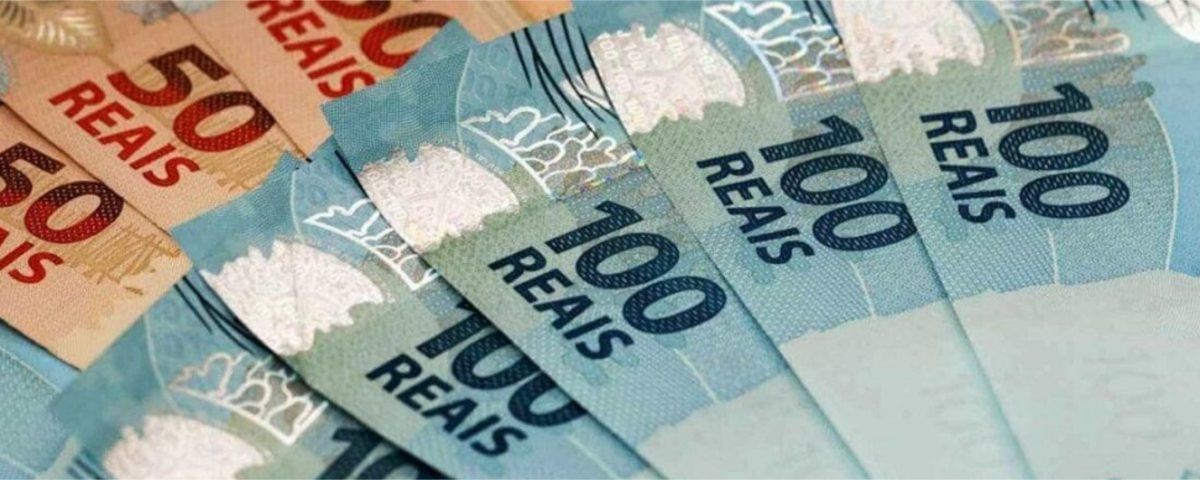
What is the best tax regime for your business
21 de December de 2021
Accounting ratios: measuring company liquidity
26 de January de 2022Reading time: 03 minutes
Logo no início do ano as empresas devem optar pelo enquadramento mais compatível com a sua realidade,
Remember that your financial re-education must happen as soon as possible.
These days, keeping up with accounts is a difficult task. According to the Credit Protection Service (SPC Brasil) and the National Confederation of Store Leaders (CNDL), around 60 million Brazilians have debts or restrictions on their CPF, which prevent them from making loans or purchases in installments. Despite the high number, it is possible to work around the situation and have greater peace of mind when it comes to personal finances.
In the case of companies, advising on the search for effective solutions for the management of corporate assets, through the provision of accounting, labor and tax consultancy, are important for the smooth running of the institution. Conmax, a company that has been operating in the market for 32 years, offers these services with quality to companies with national and foreign capital. However, on a personal level, self-control can already be the basis for everything. Having said that, we’ve put together five essential tips for you, who are looking to “get out of the red”:
- Make a list
Make a list of your debts and try to eliminate them. They are your worst enemies. Keeping all your expenses at the tip of your pencil is the first step to take. Thoroughly analyzing all the financial gains and costs – from your dinner to a purchase in ten installments – is important to establish the learning that all consumption must be done in a conscious manner. Prioritizing the settlement of debts such as overdraft, financing and credit cards is necessary to prevent costs from becoming a “snowball”.
- Set a monthly savings goal
Set a monthly savings goal, either a fixed amount or an amount relative to your income.
Rather than defining that what is left over at the end of the month will be saved, it is important that the amount saved in the fund is seen as the first expense. On the contrary, it is common for the money to be spent for other needs, throughout the days. Each case must be examined carefully, but ideally at least 10% of the monthly income is saved. Saving means being prepared in case of unforeseen events or major problems, such as accidents or illnesses. When in doubt, it is always better to prevent.
- Price research
Take time to do price research
In addition to saving your own money, comparing when purchasing a good or service is essential to avoid exorbitant values. Despite being an important saving factor, don’t forget: the quality of what is purchased must always be the priority.
- Organize your investments
Take time to do price research
Organize your investments and set goals, this will help you analyze them better.
An annual plan helps you see the future clearly. Details such as IPTU and IPVA, as well as receiving the 13th salary and income tax refund, usually change your finances and sometimes fall by the wayside (until they arrive). If you invest part of your net income, it is necessary to stipulate deadlines and carefully monitor each movement.
- Invest in your knowledge of finance
Invest in your knowledge of finance, it will protect you against yourself. Understanding what happens in the world is necessary for us not to be outdated. Creating habits of reading about finance — whether through newspapers, books or other platforms — guides you to learn about best practices and generates new ideas for managing your money.
Remember that your financial re-education must happen as soon as possible. After all, time has always been and will remain money. There is no reason to waste either.


